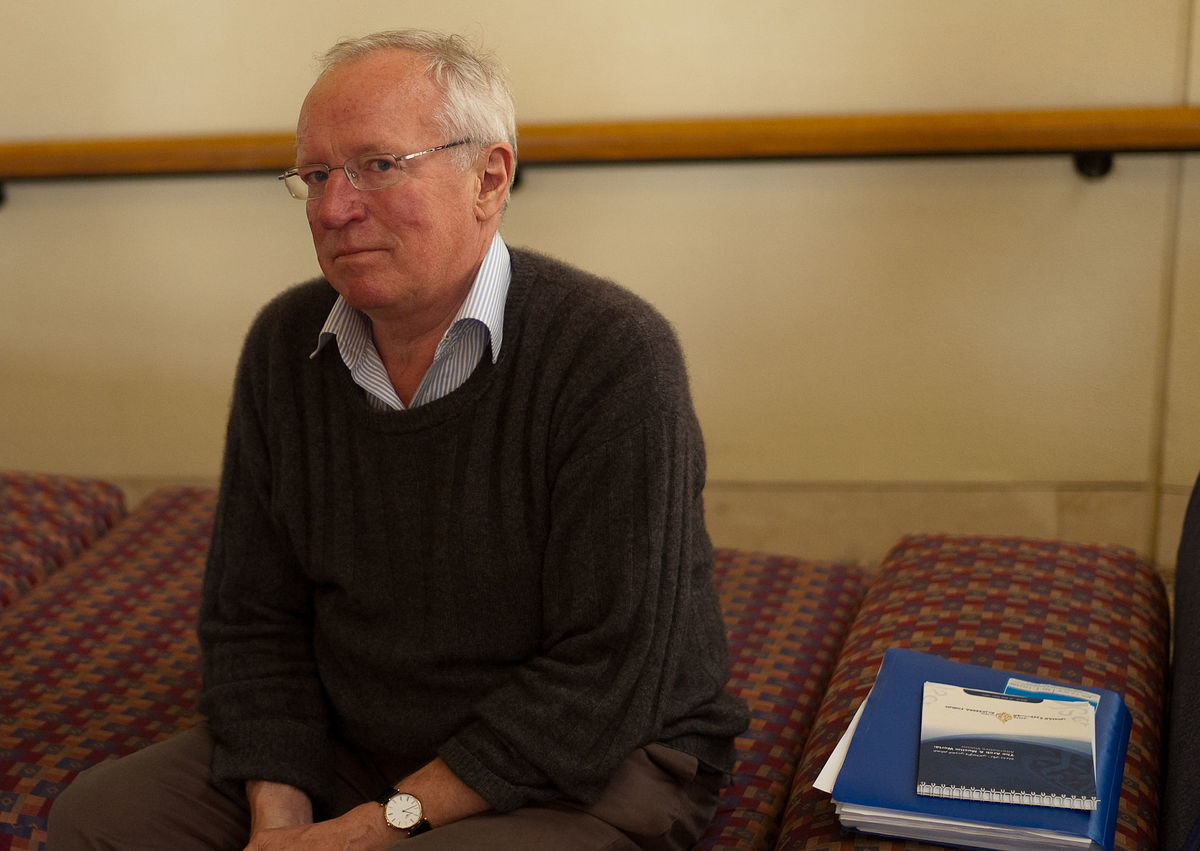
Photograph Source: Mohamed Nanabhay – CC BY 2.0
Robert Fisk and I often used to discuss the merits and demerits of responding in print to personal attacks on us filled with provable falsehoods. The temptation to refute such falsehood is hard to resist, but we recognised that therein lies a trap because even the most persuasive refutation of a gross lie necessitates repeating the untruth and giving it greater publicity.
It was also self-evident that partisan critics were not going to apologise and retire in embarrassment if their mendacity or misinformation was exposed, but would simply replace one set of lies with another. The effectiveness of this brazen disregard for truth is demonstrated daily by Donald Trump who almost won re-election despite repeated exposure.
Robert, who died on 30 October, spent almost half a century reporting war and civil wars in the Middle East and elsewhere. He understood that people who are trying to kill each other will not hesitate to lie about each other, and about anybody, notably about journalists, whose information – particularly if it is true – they deem not to be in their interests.
It was all too easy to be demonised as a pawn of Saddam Hussein in 2003 if one said, as Robert frequently did, that the Anglo-American invasion of Iraq would end badly. Similar denunciations of partiality were directed against anybody who wrote about the Syrian conflict post-2011 as a genuine civil war, described the armed Arab opposition as being mostly jihadis, and suggested that Bashar al-Assad was likely to stay as leader, given the balance of power between those fighting each other.
Governments and other proponents of such views do not like to be contradicted and will put great energy into seeking to discredit those who do so. Robert knew this very well, writing that “armies at war – like their governments – are best observed with a mighty degree of scepticism, even cynicism. So far as armies and militias go, there are no good guys.” As a reporter, he worked on this grim assumption. He did not mean that he believed that good people did not exist, but he knew that they are almost invariably to be found among the victims of violence rather than the perpetrators.
Robert was obsessively energetic in investigating the truth about what was really going on and stuck to it, even when what he was writing was contradicted or ignored by other journalists. Probably it was this independence of mind which annoyed so much of the media. Over the years, I became used to listening to reporters spluttering with indignation over another front-page exclusive by Robert. At first, I used to keep silent, reflecting that hell hath no fury like a reporter scooped, and recalling the words of a distinguished American journalist friend who dismissed such bad-mouthing of Robert as “80 per cent envy”.